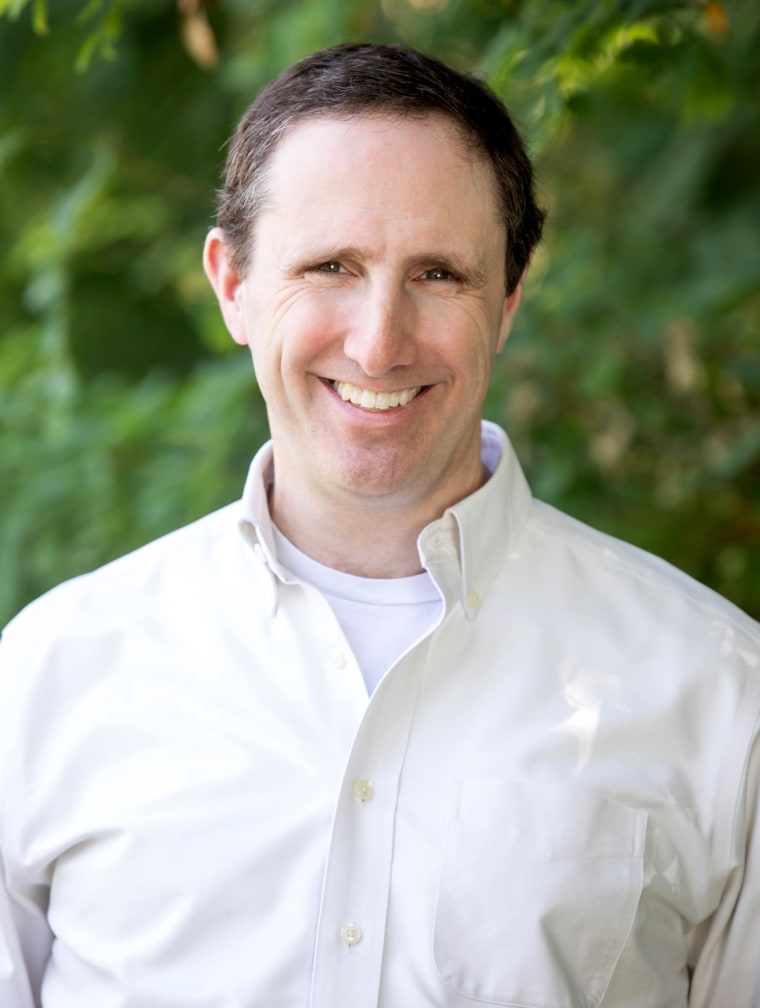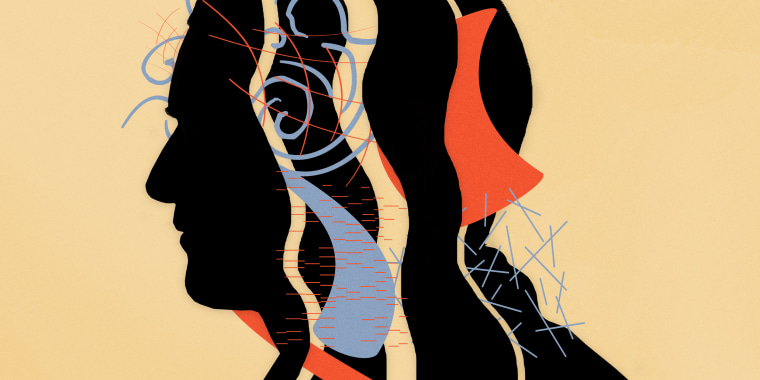When I first noticed a reference to autism in connection with the controversy over vaccinations, it saddened me. I became concerned that being on the autism spectrum was likely to be misconstrued as a mere medical condition, when my experience and that of many others illustrates that it embodies so much more.
I believe that my Asperger’s profile is actually a blessing, anything but a symptom or a side effect of a vaccine. If you own an Asperger’s profile and view it as I do, you can come to embrace it. But that task is harder to accomplish when the vaccination controversy continues to depict it only as something to be avoided. Though my self-esteem is strong enough such that it is not adversely affected by the controversy, I worry that many on the spectrum who contend with compromised self-esteem are adversely affected.
Several personality attributes prevalent among those on the spectrum are valuable assets: capacities for analytical and “outside the box” thinking, creativity, attention to detail.
I was distraught when I first heard “Asperger’s” and “autism” applied to me. It took time and hard work before I came to see it differently, and I don’t want it to take any more time and work than necessary for those who come after me because of conflicting opinions around vaccines.
In 2009, when I was 40 and not yet aware of my spectrum profile, I decided to seek help from a local therapist for challenges I was confronting in my marriage and as a father: Why would I repeatedly get defensive when given constructive criticism despite my best efforts not to? Why was I often self-absorbed when I had a wife and a 1-year-old son who needed and deserved my attention?
I told the therapist about a learning disability with which I had been diagnosed at a little shy of 3 years old and asked her if there might be other diagnoses not yet uncovered. She recommended a neuropsychological evaluation, which I decided to pursue after discussing the matter with my wife.
I was unpleasantly surprised and confused when I saw “Asperger’s” appear in the report that was handed to me after the evaluation. I reacted this way because I was not able to reconcile what I knew about acquaintances of mine on the autism spectrum with what I had just learned about myself. Nonetheless, I was able to work toward acceptance of the diagnosis as I learned what Asperger’s entails. In this regard, the diagnosis turned out to be a good thing.

At long last, a puzzle piece that was missing had finally been found, and the benefits of my discovery were nothing less than transformative. Before long, questions that had bothered me for most of my life began to be answered: why meeting people and making friends often felt like an arduous chore, why it was so difficult to function amidst large crowds of people, and how it was that I so often felt misunderstood.
Challenges like these around social competence, self-esteem and my roles as a husband and father began to diminish as I sought help from clinicians who taught me strategies for addressing them. And simply living my life, falling down, getting back up and thinking about how I could do better next time propelled me forward.
Today, I have managed to not merely accept my spectrum profile but also embrace it. Several personality attributes prevalent among those on the spectrum are valuable assets: capacities for analytical and “outside the box” thinking, creativity, attention to detail, the ability to focus intensely on a task for long periods of time. And the “nonverbal” descriptor is often a misnomer. Though some of those labeled this way may not speak words with their mouths, many can express themselves quite well as writers, and some are even bestselling authors.
Others with Asperger’s are successful doctors, attorneys, chief executives of corporations, fine and performing artists, celebrities and Nobel Prize recipients. Actors Daryl Hannah and Dan Aykroyd have been open about their Asperger’s profiles. Actor Jerry Seinfeld diagnosed himself as being on the autism spectrum! To her credit, Greta Thunberg, the teen climate activist who inspired the recent Global Climate Strike, called being different due to Asperger’s “a superpower.”
I eventually realized that I have ample reason to be proud of who I am, and with help from clinicians, I have won my inner battle at learning how to love myself. The therapies and interventions they provided were essential, not because they aimed to cure autism, as if it were merely a medical condition, but because they helped me address challenges that stem from being autistic in a nonautistic world.
Why not view folks on the autism spectrum whose brains are wired a little differently as people with unique abilities and challenges, rather than as people with a disability?
Diversity is frequently discussed and written about with respect to race, ethnicity, religion and political affiliation, among other attributes. Why not neurology? Why not view folks on the autism spectrum whose brains are wired a little differently as people with unique abilities and challenges, rather than as people with a disability, a disorder, a diagnosis or a medical condition? And why reduce an alternative neurology to an undesirable outcome resulting from a vaccine?
Many of us on the spectrum feel strongly that we do not need to be fixed or cured. Many of us do not want to be seen as “defeating the diagnosis” whenever we succeed at something. We own our differences. They are not medical symptoms. They are part of who we are.


